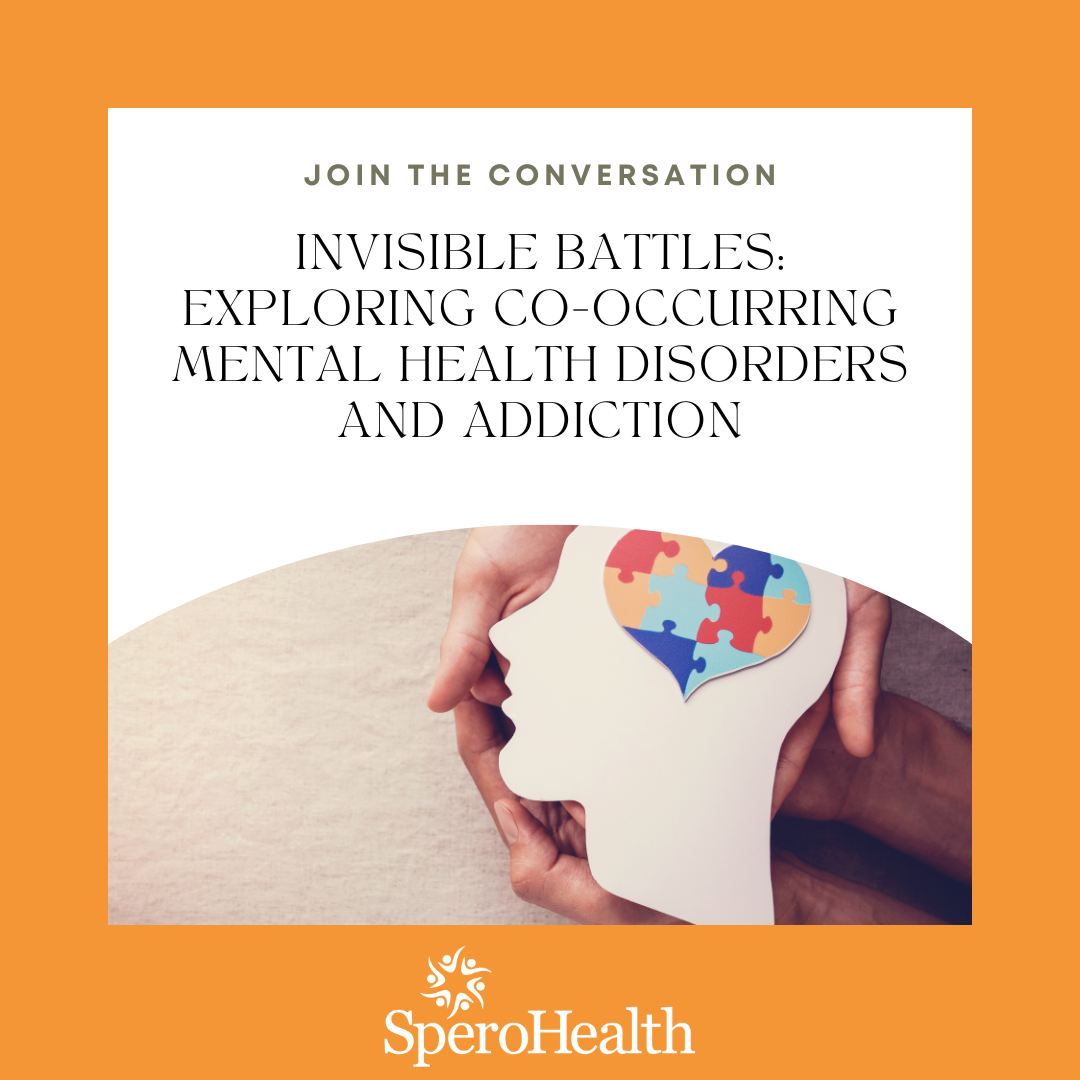In today’s fast-paced and demanding world, many individuals find themselves facing invisible battles—co-occurring mental health disorders and addiction. The intricate relationship between these two conditions often poses significant challenges for those affected, making it crucial for society to gain a better understanding of their complexities. By shedding light on these invisible battles, we can foster empathy and support for individuals struggling with co-occurring mental health disorders and addiction.
Understanding Co-occurring Disorders:
Co-occurring disorders, also known as dual diagnosis, refer to the simultaneous presence of a mental health disorder and a substance use disorder. These conditions can intertwine in various ways, such as depression and alcoholism, anxiety and drug addiction, or bipolar disorder and compulsive gambling. Understanding the common co-occurring conditions helps us grasp the complexity individuals face when dealing with these invisible battles.
Statistics show that approximately 7.9 million adults in the United States experience co-occurring mental health and substance use disorders, highlighting the widespread impact of these challenges. Furthermore, research indicates that about 45% of individuals with a substance use disorder also have a co-occurring mental health disorder, emphasizing the significance of addressing both issues concurrently.
The Vicious Cycle:
Co-occurring disorders often fuel a vicious cycle. Mental health issues frequently precede substance abuse, as individuals seek relief or escape from their emotional pain. Unfortunately, substance abuse can exacerbate mental health symptoms, trapping individuals in a destructive loop of self-medication and worsened mental well-being. Breaking this cycle requires comprehensive and integrated treatment approaches that target both the mental health disorder and addiction simultaneously.
Shared Risk Factors:
Co-occurring disorders share common risk factors, such as genetic predisposition, childhood trauma, environmental stressors, and neurological imbalances. These factors increase the vulnerability of individuals to both mental health disorders and addiction. Recognizing these shared risk factors can help dismantle stigmatizing beliefs and foster empathy and understanding towards those struggling with co-occurring conditions.
Dual Treatment Approaches:
Addressing co-occurring disorders necessitates an integrated and comprehensive treatment approach. Dual diagnosis treatment combines mental health interventions, such as therapy and medication management, with addiction treatment modalities, including detoxification and rehabilitation programs. This approach acknowledges the interplay between mental health and addiction, promoting improved outcomes and reducing the likelihood of relapse.
The Importance of Empathy:
Developing empathy is paramount when dealing with individuals who have co-occurring disorders. By understanding the invisible battles they face, we can foster a more compassionate and supportive environment. It is crucial to remember that individuals with co-occurring disorders are not defined by their conditions; they are whole persons who deserve understanding, respect, and access to quality care.
Destigmatizing Co-occurring Disorders:
Society plays a crucial role in destigmatizing co-occurring disorders. Promoting awareness, education, and open dialogue surrounding mental health and addiction can challenge stereotypes and misconceptions. By reframing the conversation, we can encourage individuals to seek help without fear of judgment and create a more inclusive and empathetic society.
Invisible battles are fought every day by those grappling with co-occurring mental health disorders and addiction. Through education and understanding, we can bring these struggles into the light and foster empathy. By acknowledging the complexities and challenges faced by individuals with co-occurring disorders, we take a step towards creating a society that supports and uplifts those who need it most. Together, we can pave the way for a more compassionate future.
